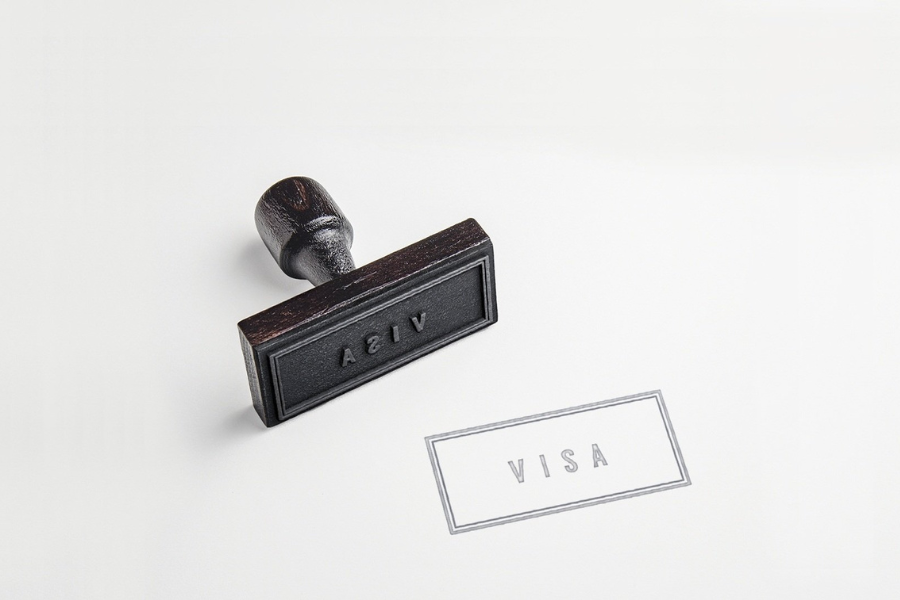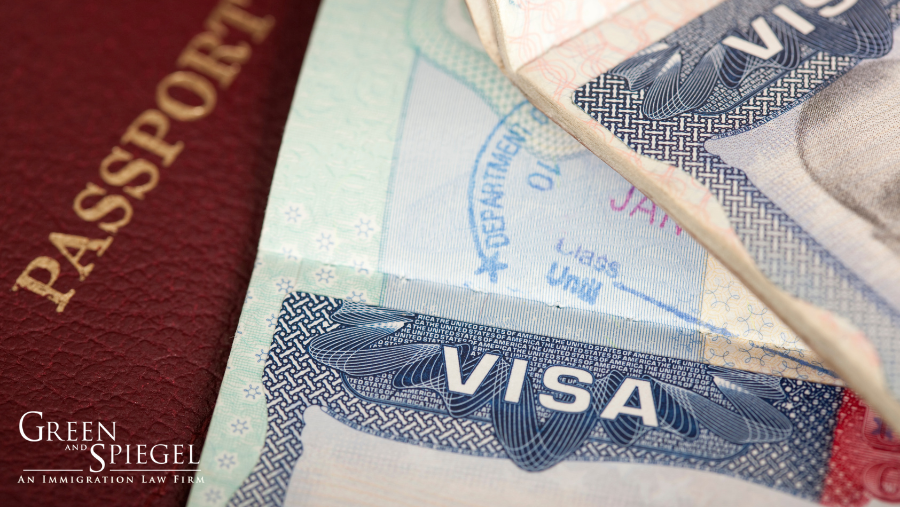In June of 2023, U.S. Citizenship and Immigration Services (USCIS) published a policy manual on the nonimmigrant exchange visitor (J-1) program, including guidance on the program’s two-year foreign residence requirement and the J-1 waiver. On October 26, 2023, USCIS updated the policy manual by providing further clarification on how to satisfy the two-year foreign residence requirement and the waiver grounds for foreign medical graduates (FMG).
The policy manual provides insight into USCIS adjudicating factors, outlining how officers evaluate evidence against the program requirements and exceptions. This transparency, particularly the clarifying updates to the J-1 two-year residence requirement and FMG waiver grounds, allows J-1 participants to better prepare ahead of seeking additional nonimmigrant and immigrant benefits as their career progresses in the United States.
The most recent update emphasizes that USCIS officers review evidence using the preponderance of the evidence standard. This is true not only of J-1 applications but applies in most immigration matters. Applying this standard, officers review all of the evidence presented to them in its totality and decide whether it is more likely than not that the applicant has met the foreign residence requirement or has established the grounds for waiver of the foreign residence requirement. So even if the evidence presents some doubt upon review, USCIS reemphasizing the standard in the October update provides reassurance as well as accountability in what can be a stressful process for many FMGs.
In summary of critical FMG relevant sections, the currently available USCIS Policy Manual corrects prior omissions and provides the following:
Two-year Foreign Residence Requirement Determination
- This determination procedurally occurs when the foreign national (who was previously an exchange visitor) applies for another, subsequent benefit. Whether it be another nonimmigrant visa petition (e.g., H-1B) or adjustment of status to that of permanent resident (i.e., green card application), that is the point at which the USCIS officer evaluates whether the two-year foreign residence requirement was met or else notes that a waiver was obtained.
- Calculation – The USCIS Policy Manual now specifically states how officers should count days toward the requirement. Specifically, a fraction of day spent in the home country counts as a day toward the two-year residence requirement. Further, the manual specifically spells out examples of what evidence foreign nationals can present to substantiate the calculation (e.g., chart of days spent in the home country, travel receipts, passport stamps, employment records, etc.). This is an important clarification because it helps the foreign national prepare the evidence that corroborates the calculation from day one of completing their J-1 program.
- “Exception” for Impossibility – Aside from waivers, USCIS will consider evidence of war or civil unrest in the foreign national’s home country as an exception to the two-year foreign residence requirement. This is done case by case and in consultation with the Department of State. (This critical exception was omitted in the June 2023 publication.)
Waiver Grounds for Foreign Medical Graduates
- Full-time Employment at HHS – Full-time employment at a health care facility in U.S Department of Health and Human Services (HHS) designated Health Professional Shortage Area (HPSA), Medically Underserved Area (MUA), or Medically Underserved Population (MUP);
- Three-year Practice at HHS – The full-time employment at the HHS health care facility must be for three (3) years. With limited exception for extenuating circumstances, but relocation to different HHS to satisfy this ground is possible;
- Contract with HHS – Must have contract with HHS designated HSPA, MUA, or MUP, but there are three (3) exceptions (one of which was omitted in the June 2023 policy manual publication):
- VA Employment Medical Practice – If the U.S. Department of Veteran Affairs (VA) makes the waiver request, then medical practice can be for three years, but need not be in HHS shortage area;
- Federal Agency Clinical Practice – If a federal agency makes the waiver request, then can practice clinical medicine full time and for three years, but need not be in HHS shortage area;
- Federal or State Agency HHS Shortage Area Specialty Practice – If a federal or state agency makes the waiver request, then can be specialty practice for three years, but must also be in HHS designated specialty shortage area.
- No Objection Letter – If the J-1 program was funded by the FMG’s home country, then they must obtain a no objection letter from the home country.
- Commence Employment within 90 days – FMG must start employment within 90 days of obtaining the J-1 waiver. This is to clarify that the 90 days is counted from waiver and not from J-1 program completion.
The FMG waiver section also reiterates how to figure out whether one is subject to the two-year residence requirement. Not all J-1s are subject to the requirement, but the Form I-797 Approval Notice addendum outlines the requirement and even mentions waiver conditions. The USCIS Manual does not actually outline an entire list of who is typically subject to the two-year residence requirement, but it does make clear that FMGs are subject.
For FMGs, familiarity with the foreign residence requirement and/or waiver grounds is critical, and the USCIS Manual kindly attempts to clarify the process. This way whether an FMG seeks waiver or leaves the U.S. upon completing a J-1 program, they can strategically help prepare their record of evidence so that it does not pause their career and future endeavors in the U.S.





